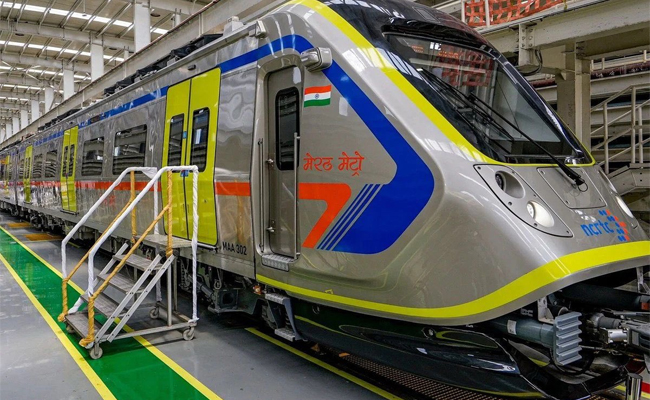New Delhi (PTI): The government has cut windfall tax on domestically produced crude oil to Rs 8,400 per tonne from Rs 9,600 per tonne with effect from Wednesday.
The tax is levied in the form of Special Additional Excise Duty (SAED).
The SAED on the export of diesel, petrol and jet fuel or ATF, has been retained at nil. The new rates are effective from May 1, an official notification said.
India first imposed windfall profit taxes on July 1, 2022, joining a host of nations that tax supernormal profits of energy companies.
The tax rates are reviewed every fortnight based on average oil prices in the previous two weeks.
Let the Truth be known. If you read VB and like VB, please be a VB Supporter and Help us deliver the Truth to one and all.
Indore (PTI): The classmate of a 24-year-old female MBA student, arrested in Indore for her murder, allegedly abused the body after the killing and also performed occult rituals while on the run, police said.
On February 13, people complained of a foul smell emanating from a closed house in the city's Dwarkapuri police station area.
After police arrived at the scene, the naked body of a 24-year-old woman was found in the house.
The woman was pursuing a Master of Business Administration (MBA) degree from a city college and the body was found in her classmate's rented house, Deputy Commissioner of Police (DCP) Shrikrishna Lalchandani told PTI on Monday.
The classmate fled after the incident. He was taken into custody in Mumbai and is being interrogated after his arrest, the official said.
Referring to the accused's interrogation, the official said he allegedly strangled his classmate to death and then "abused" the body.
ALSO READ: Student killed, three injured in clash at college in Maharashtra's Latur; 4 held
"The accused also performed witchcraft near Panvel (in Navi Mumbai) while on the run. The accused claims that he was mentally disturbed after the murder and wanted to communicate with the woman's spirit through witchcraft," he said.
According to the DCP, the woman and the accused were in a close relationship.
"The accused suspected that she was talking to other men. Enraged, he killed her and fled," the official said.
After the woman's body was found, her father accused the classmate of trying to extort money from his daughter using her obscene photos and then torturing her to death.
The accused had even posted these photos on her college WhatsApp group, he alleged.





